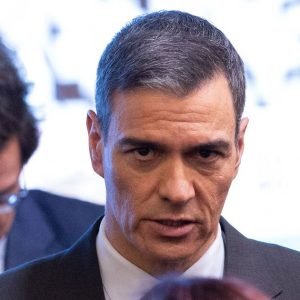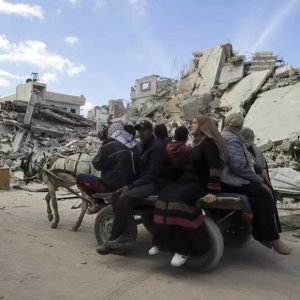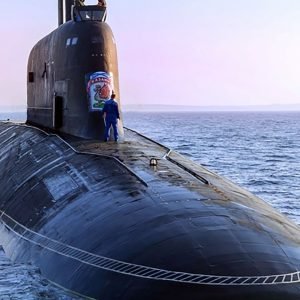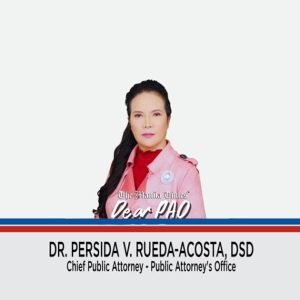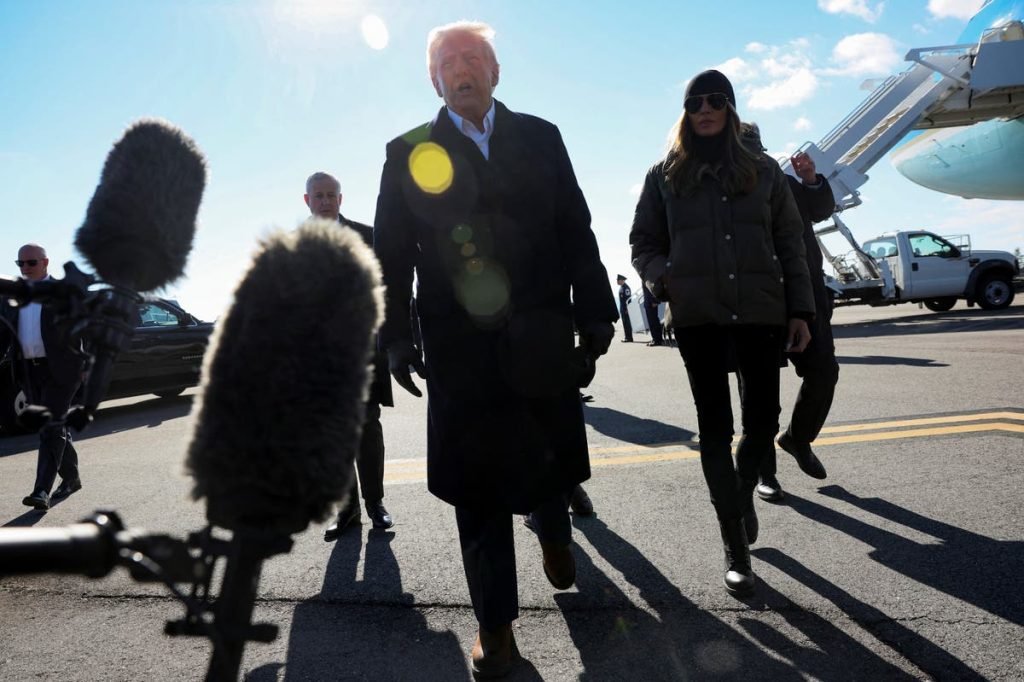
President Donald Trump on Friday said he would demand that California overhaul its’ election laws and reverse environmental policies as a condition of signing any legislation providing federal funds to help recover from the wildfires that have devastated the Los Angeles area in recent weeks.
He also claimed that the Federal Emergency Management Agency had mishandled efforts to help North Carolinians recover from Hurricane Helene and suggested that the White House and Republican National Committee would somehow take over distribution of any relief funds authorized by Congress for the Tar Heel State as he arrived there to view hurricane damage before he travels to California to see damage from the wildfires.
Speaking to reporters just after he disembarked from Air Force One, Trump told reporters that FEMA, which is part of the Department of Homeland Security, “has really let us down,” though it was unclear what exactly he was accusing the agency of having done or not done.
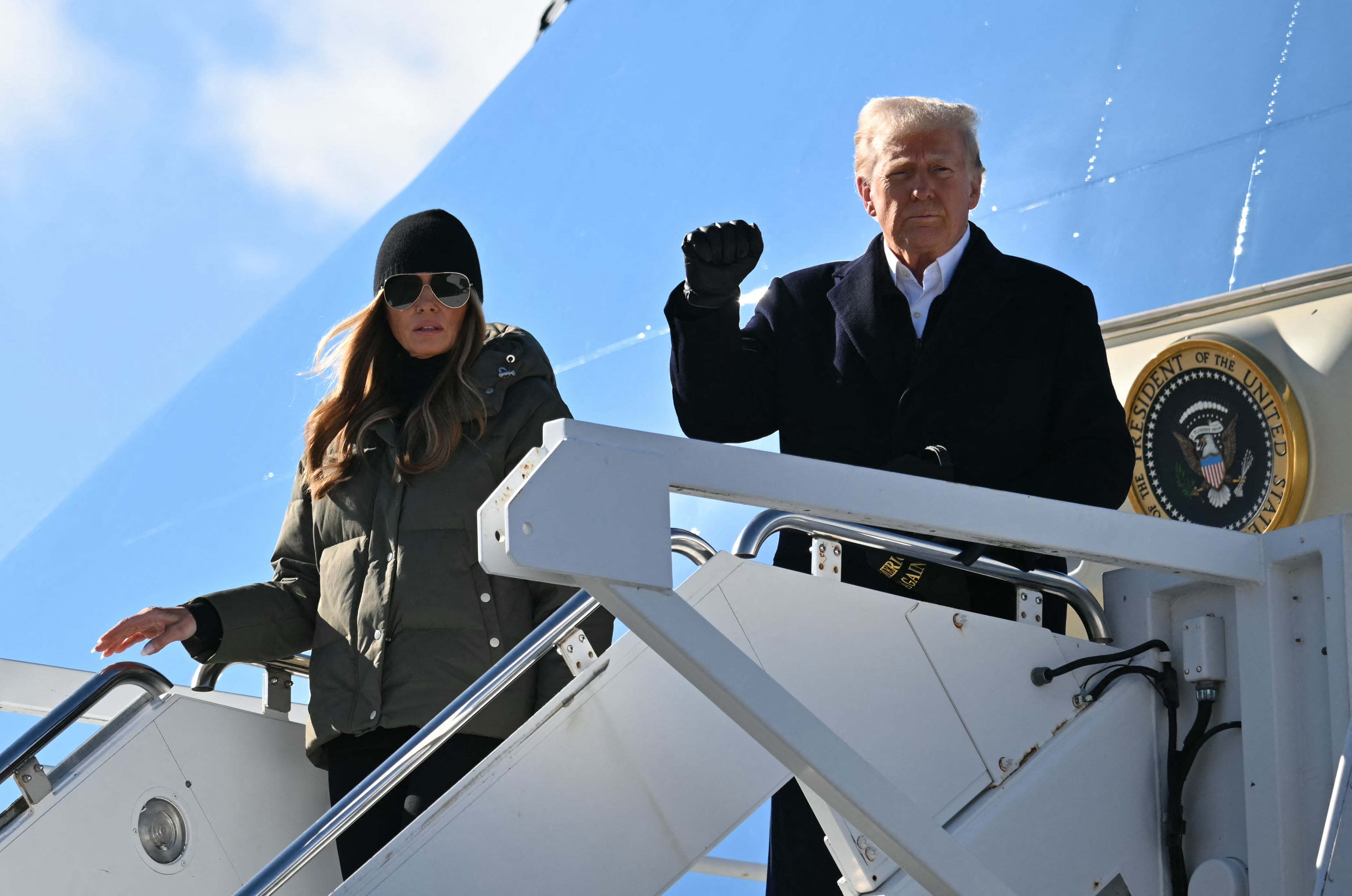
“I don’t know if that’s Biden’s fault or whose fault it is, but we’re going to take over and we’re going to do a good job, and we’re going to assign [Republican National Committee chair Michael Whatley] who’s fantastic, frankly, and the governor and everybody else that’s going to work,” he said. “We’re going to supply the money, the supply, a lot of the money. Maybe you have to chip in something. You chip in a little something like maybe 25% or whatever, but we’re going to get it done as quickly as we can. And we want to take care of the people of North Carolina.”
Trump also said FEMA would not be involved in further relief efforts and instead suggested that Whatley, North Carolina Governor Josh Stein (D) and a trio of Republican House members would be working with the White House directly because the agency “hasn’t done the job.”
“And we’re looking at the whole concept of FEMA. I like, frankly, the concept when North Carolina gets hit, the governor takes care of it. When Florida gets hit, the governor takes care of it, meaning the state takes care of it,” he said, adding a short time later that the way FEMA dispatches “a large group of people” to a disaster area “in order to solve immediately a problem” was “something that never worked for me.”
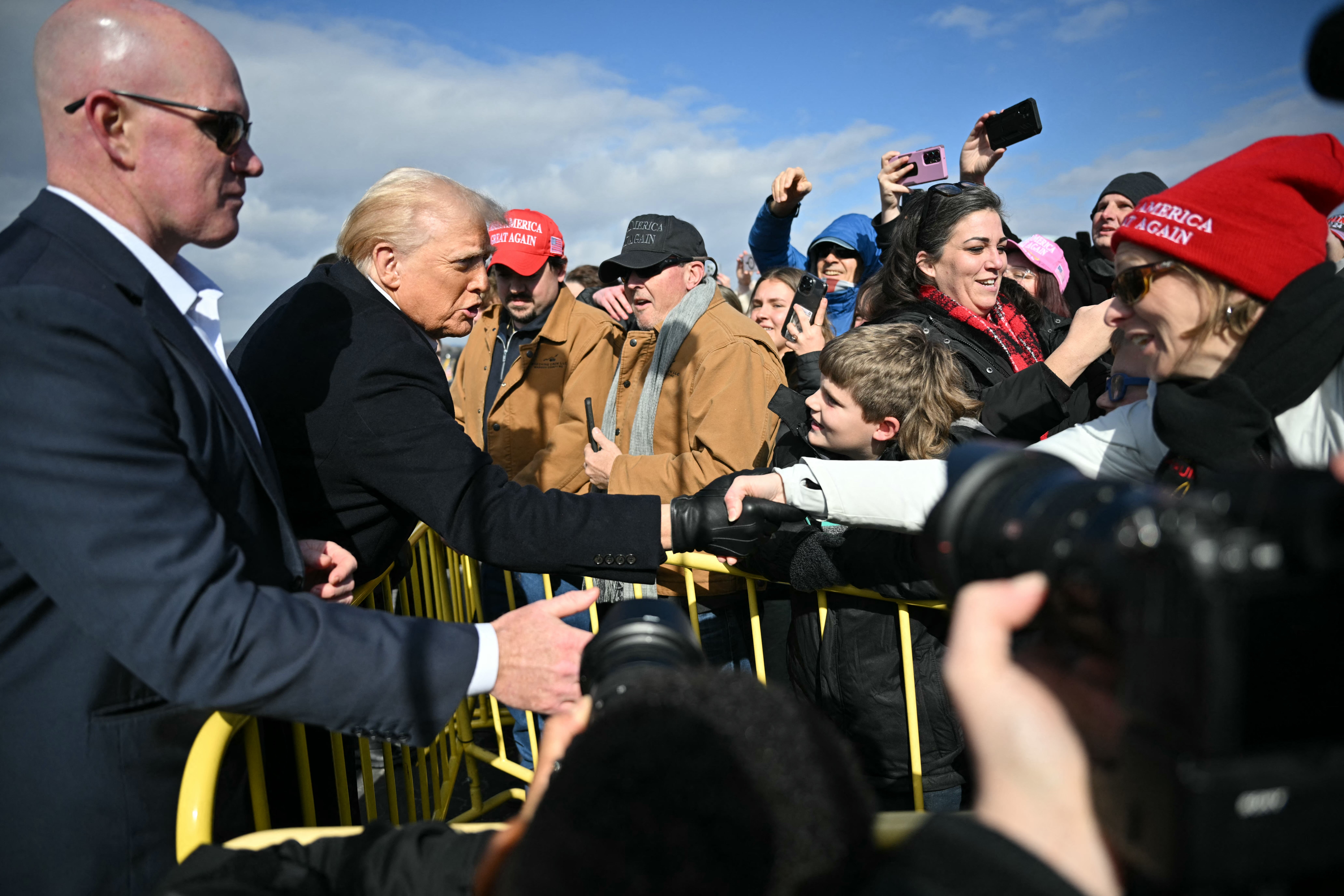
As he continued, Trump was asked about the possibility of blocking wildfire relief funding to Los Angeles, California on account of city policies preventing local police from cooperating with federal immigration enforcement efforts.
He replied that he wants to see “two things” in California before he would support federal disaster relief funding for the Golden State.
“I want to see two things in Los Angeles: Voter ID so that the people have a chance to vote. And I want to see the water be released and come down into Los Angeles and throughout the state. Those are the two things. After that, I will be the greatest president that California ever has ever seen,” he said.
A short time later during a briefing with local officials, the president reiterated his demand for California to change its’ election laws.
“In California I have a condition — We want them to have voter ID so people have a voice. Right now the people don’t have a voice because you don’t know who is voting. It’s very corrupt,” he said.
The president has run for election three times and has never won a majority of votes in California. Each time, he has made false allegations about his losses having been tainted by fraud and by non-citizens voting for his Democratic opponents.
Trump’s boast of being willing to withhold disaster aid for political reasons is in line with how he handled large-scale disasters during his first term.
He frequently suggested that he would not provide sufficient aid to states with Democratic governors if those governors were not “nice” to him, and in some cases failed to sign disaster declarations when requested by Democratic officials.
In addition, Trump claimed he would soon be issuing an executive order to “fundamentally reforming and overhauling FEMA or getting rid of FEMA.”
Before FEMA became part of the Department of Homeland Security in 2003, it was an independent agency that had been created by executive order during the Carter administration in 1979.
In 1988, Congress established the agency in statute and gave it expanded authority via the Robert T. Stafford Disaster Relief and Emergency Assistance Act, and in 2002 the Homeland Security Act made FEMA part of the Department of Homeland Security.
As such, it cannot be disbanded or eliminated by executive order.
